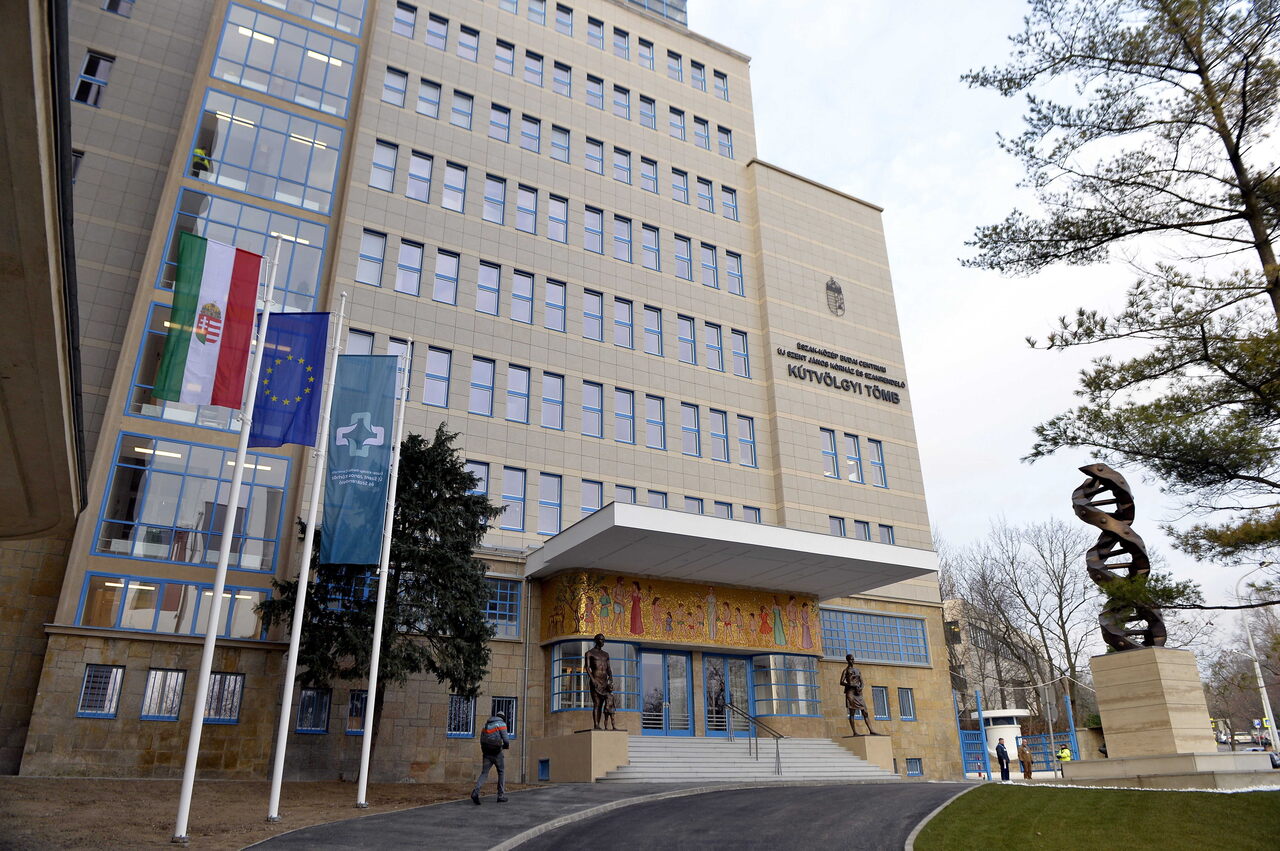Change language:
Critical failures disrupt services at Budapest hospital: Equipment failures, burst pipes, resignations
Over the past month, healthcare services at Budapest’s Szent János Hospital have been repeatedly disrupted. Broken equipment, staff resignations, and other challenges forced the hospital to cancel certain treatments, causing notable interruptions. Key issues included a malfunctioning CT scanner, reduced capacity in the trauma ward, and staff shortages in the internal medicine department, which led to patient transfers and discharges.
Health expert Zsombor Kunetz detailed the events on his social media platform, while the hospital confirmed the disruptions to Telex, stating that all acute patients received care, either at the hospital or in partner institutions.

A timeline of the incidents:
- 2 November: Acute neurosurgery services were suspended for 24 hours due to a gastrointestinal infection outbreak among staff. Non-trauma cases were temporarily redirected to the Dr. Manninger Jenő Trauma Centre.
- 7 November: A burst pipe in the Obstetrics and Gynecology Department halted patient admissions overnight.
- 8–13 November: A CT scanner failure caused delays in critical areas, including trauma, stroke, and emergency services. Despite repairs, further disruptions were anticipated during scheduled maintenance on 28 November.
- 18 November: The trauma ward announced reduced capacity due to resource limitations, ceasing service for patients from the 11th and 22nd districts.
- Late November: Six internal medicine staff members resigned, leaving the department struggling to maintain operations. Reduced bed availability led to patient transfers and early discharges.
- 2 December: Sterilisation equipment failure disrupted trauma services, with only partial recovery the following evening.
- 4–7 December: Pediatric trauma surgeries were suspended due to maintenance in the operating rooms.
The North-Buda Szent János Centrum Hospital emphasised that these events are publicly documented in the National Public Health and Pharmacy Center’s reports. In response to inquiries, the hospital stated that acute care continued without interruption, while elective surgeries were rescheduled as needed. Patient transfers were coordinated by the National Ambulance Service.
The hospital, which serves between 200,000 and 800,000 residents depending on the speciality, highlighted the dedication of its medical staff. Despite the challenges, they are committed to ensuring safe patient care. Efforts by the hospital’s leadership, procurement agencies, and service providers aim to resolve these issues as quickly as possible.
Read also:







